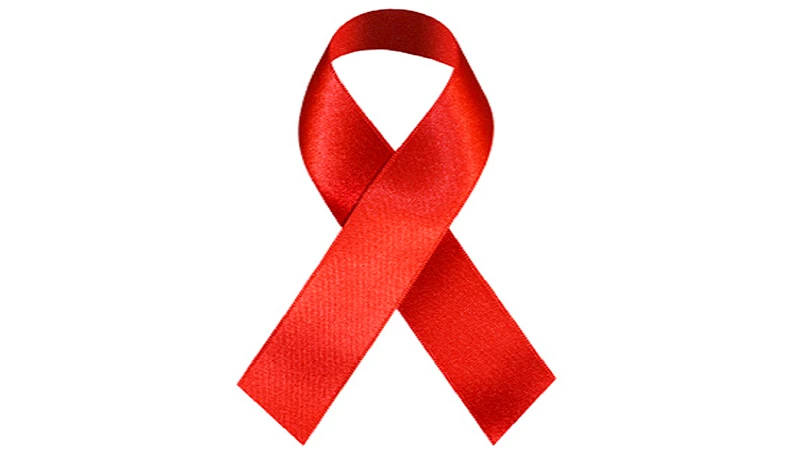So, anxiety among persons with HIV/Aids pretty close to normal?

RESEARCHERS with two key medical institutions have lately released findings showing that people living with HIV and AIDS are considerably affected by poor mental health, particularly anxiety, compared to other groups.
Specialists with the Kilimanjaro Christian Medical Centre (KCMC) and the Muhimbili University of Health and Allied Sciences (MUHAS) converged behind this finding, making it largely incontrovertible. It also meets with common sense, that anyone with a chronic disease faces mental malaise.
What was interesting was in the details – that the study conducted last year involved 593 participants, including 164 men, whose rather belated findings were being discussed at an online forum organised by the Tanzania Mental Health Stakeholders Community of Practice (TMH-CoP), hosted by the top hospital’s administrators.
It was said that being aware of one’s positive status carries serious repercussions as they may lose hope. The preliminary consequence of this situation is penciled as failing to adhere to prescribed antiretroviral (ARV) medications, implying that this is mental state implication.
While it is unclear if there was an interest in other alleys to HIV medication than the pursuit of anti-retrovirals, the specificity of anxiety and its medical fidelity results were in a way insufficient.
It is said that failure to follow up on medication can lead to increased anxiety and a further decline in their health, making life particularly challenging.
That is likely if someone is not taking any medication or there is clear antimicrobial resistance in the medication taken, neither of which featured in the rapid presentation.
Data-wise, 74 individuals or 12 percent among the 593 HIV-AIDS sufferers surveyed exhibited symptoms of anxiety, which may not have been clearly marked out in terms of intensity levels.
Taking up this result as demanding public education on mental health issues related to living with HIV, was somewhat on the high side as the number is not strong enough for an all-out awareness campaign.
If slightly over ten per cent of those living with HIV-AIDS have noticeable symptoms of anxiety, the verdict there has to be that all is well and good. Even without HIV, one-tenth of society will suffer from anxieties.
The practitioners said that people with HIV are at heightened risk of developing mental health conditions such as anxiety and depression, and the research confirms that they are more vulnerable than those without chronic illnesses.
That is perfectly valid but there are other spheres of sourcing anxiety for instance if one went around examining many single mothers at youthful or middle age of life. That is assuming that when they are much older their attitude to life may have stabilised, etc.
Young unemployed men will likely face intense anxieties and suffer more intensely if they are educated and had high hopes in life.
We have similarly noticed the way old age or post-retirement life can wear down a person rapidly if expectations either in benefits or in some business started upon retirement fails.
In a word, the main source of anxiety does not appear to be disease but social insecurity, and in the case of HIV-Aids, whatever regime one is following.
That is, so long as the disease is tamed and periodic ailments arising from diminished immune defences aren’t visible, life can go on reasonably well. It doesn’t matter much if the intervention means antiretrovirals or neo-life therapies.
Top Headlines
© 2025 IPPMEDIA.COM. ALL RIGHTS RESERVED

















